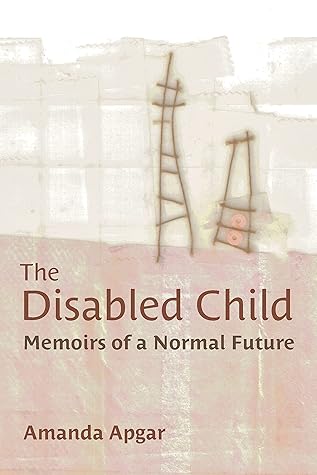Little is done to challenge this discursive exclusion in extraordinary narratives, which far from claiming access to privileged narratives of normalcy, position disabled children as super-human, exceptional, otherworldly, and even, “not quite human” (Beck 2011, 74). Extraordinary disabled children elevate their parents’ moral and/or spiritual lives simply because they are disabled, and because their parents actively shift their understanding of disability from something tragic to something that has moral and spiritual significance.
Welcome back. Just a moment while we sign you in to your Goodreads account.


